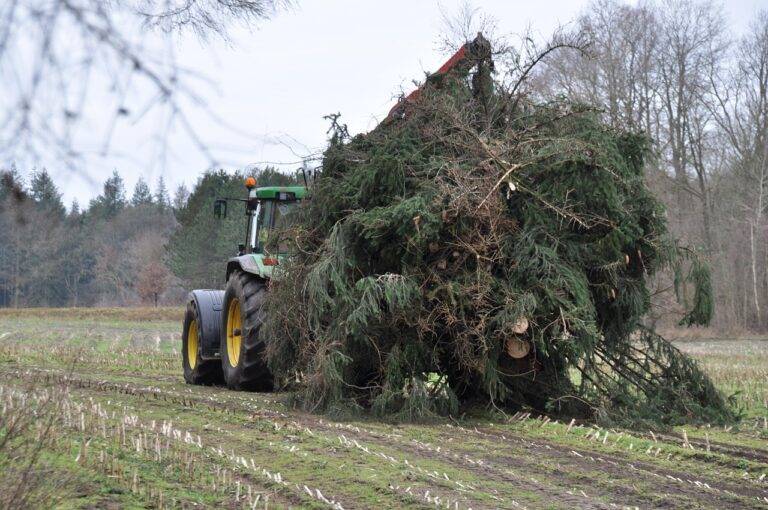Exploring the Role of Farm Equipment in Climate Adaptation: All panel mahadev, Lotusbhai, Allpaanel. Com login
all panel mahadev, lotusbhai, allpaanel. com login: With the increasing challenges posed by climate change, farmers worldwide are looking for innovative solutions to adapt to the changing climate patterns. One crucial aspect of climate adaptation in agriculture is the role of farm equipment. In this article, we will explore how farm equipment plays a vital role in helping farmers mitigate the impact of climate change and ensure sustainable agricultural practices.
Efficient Irrigation Systems
Heading: Efficient Water Management
Farm equipment such as drip irrigation systems and precision farming technology play a crucial role in efficient water management. By carefully monitoring soil moisture levels and using water-saving technologies, farmers can reduce water wastage and ensure that crops receive the optimal amount of water they need. This not only helps in conserving water resources but also reduces the impact of droughts on crop production.
Heading: Soil Health
Another key aspect of climate adaptation in agriculture is maintaining soil health. Farm equipment such as no-till planters and soil sensors help farmers to implement conservation tillage practices, reducing soil erosion and improving soil structure. Healthy soils can store more water, nutrients, and carbon, providing a buffer against extreme weather events caused by climate change.
Heading: Crop Monitoring
Farm equipment such as drones and satellite imagery enable farmers to monitor crop health and detect pest infestations or nutrient deficiencies early on. By using precision agriculture technologies, farmers can make informed decisions about fertilization, pest control, and irrigation, reducing input costs and environmental impact.
Heading: Resilient Crops
Climate change is causing shifts in temperature and precipitation patterns, leading to increased pest pressures and diseases. Farm equipment such as seed drills and planters allow farmers to adopt climate-resilient crop varieties that can withstand extreme weather conditions. By diversifying crop portfolios and incorporating resistant varieties, farmers can mitigate the risks posed by climate change.
Heading: Energy Efficiency
Farm equipment modernization involves the use of energy-efficient technologies such as solar-powered irrigation pumps and electric tractors. By reducing dependence on fossil fuels, farmers can lower their carbon footprint and contribute to mitigating climate change. Energy-efficient farm equipment not only reduces greenhouse gas emissions but also lowers operating costs for farmers in the long run.
Heading: Collaborative Solutions
Heading: FAQs
1. How can farmers access climate-smart farm equipment?
Farmers can access climate-smart farm equipment through agricultural machinery dealers, government subsidies, and agricultural extension services. It is essential for farmers to research and invest in sustainable farming practices to adapt to climate change.
2. What are some cost-effective climate adaptation measures for small-scale farmers?
Cost-effective climate adaptation measures for small-scale farmers include rainwater harvesting, mulching, intercropping, and crop diversification. These practices can help small-scale farmers build resilience to climate change without significant investments in technology.
In conclusion, farm equipment plays a crucial role in climate adaptation in agriculture by enabling farmers to adopt sustainable practices, increase efficiency, and build resilience to climate change. By investing in climate-smart technologies and practices, farmers can ensure food security, reduce environmental impact, and mitigate the risks posed by climate change. It is essential for policymakers, researchers, and farmers to collaborate and promote the adoption of innovative farm equipment to address the challenges of a changing climate.







